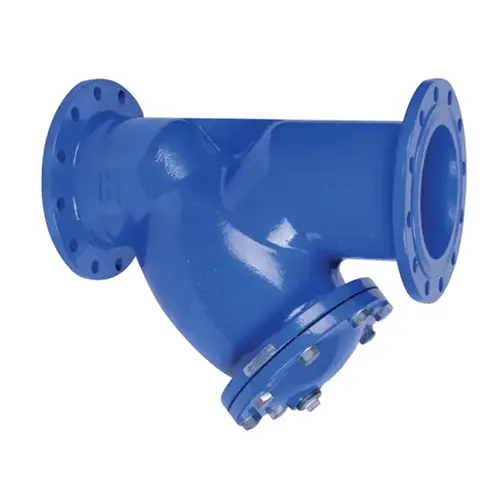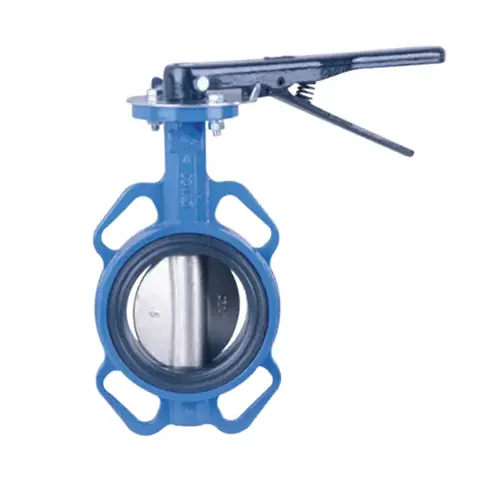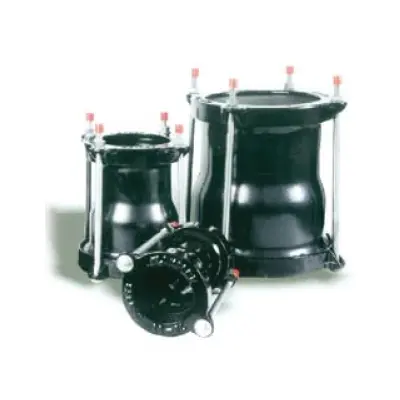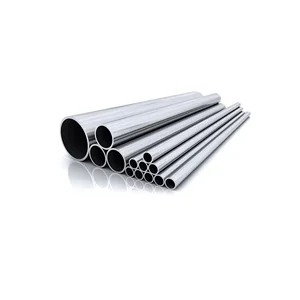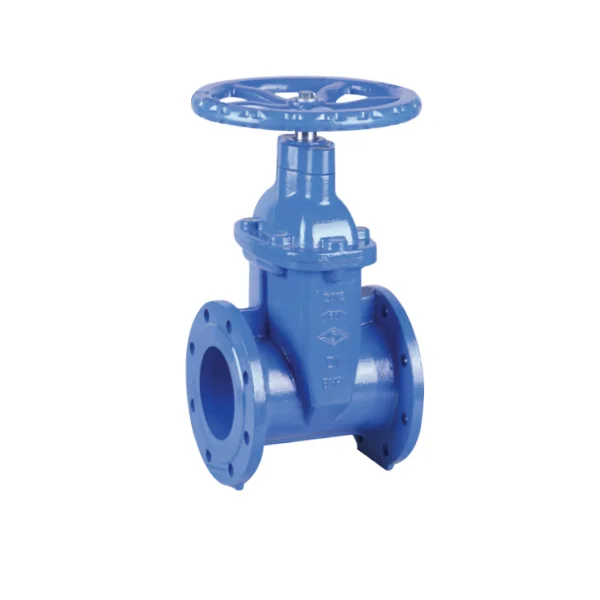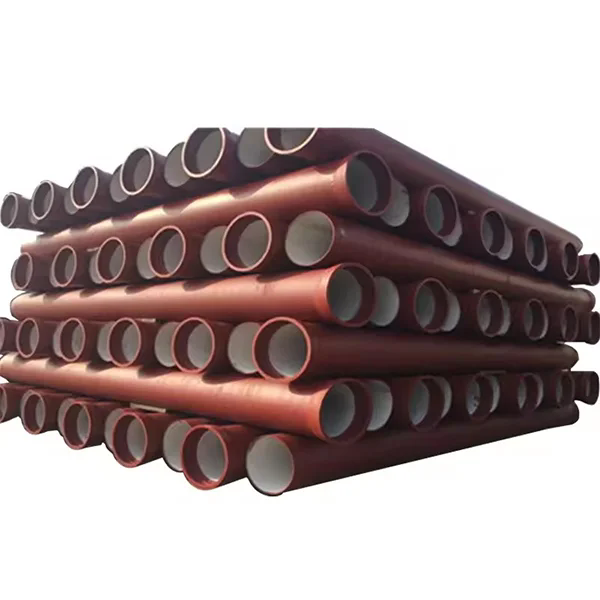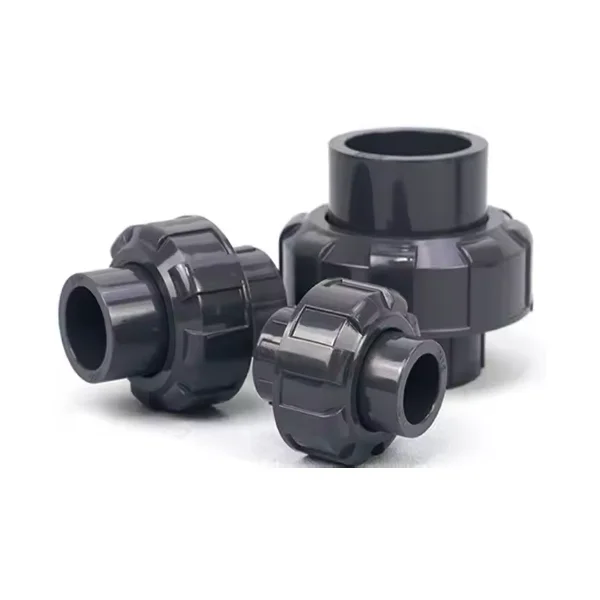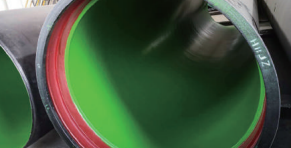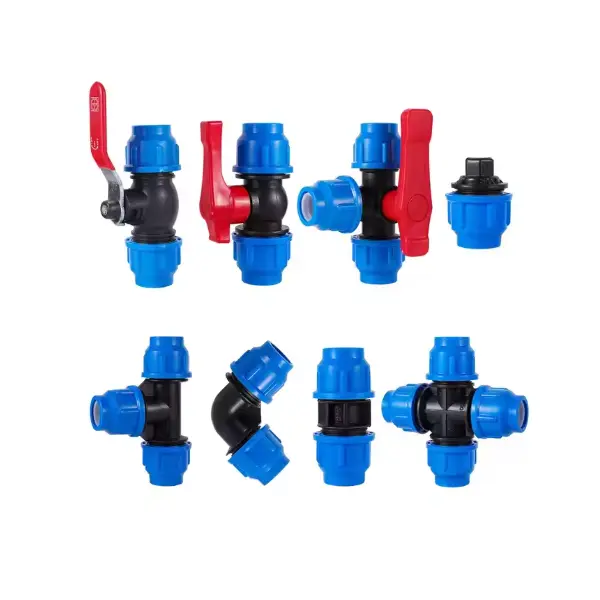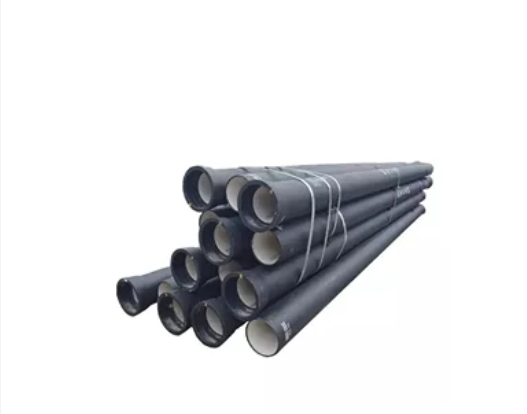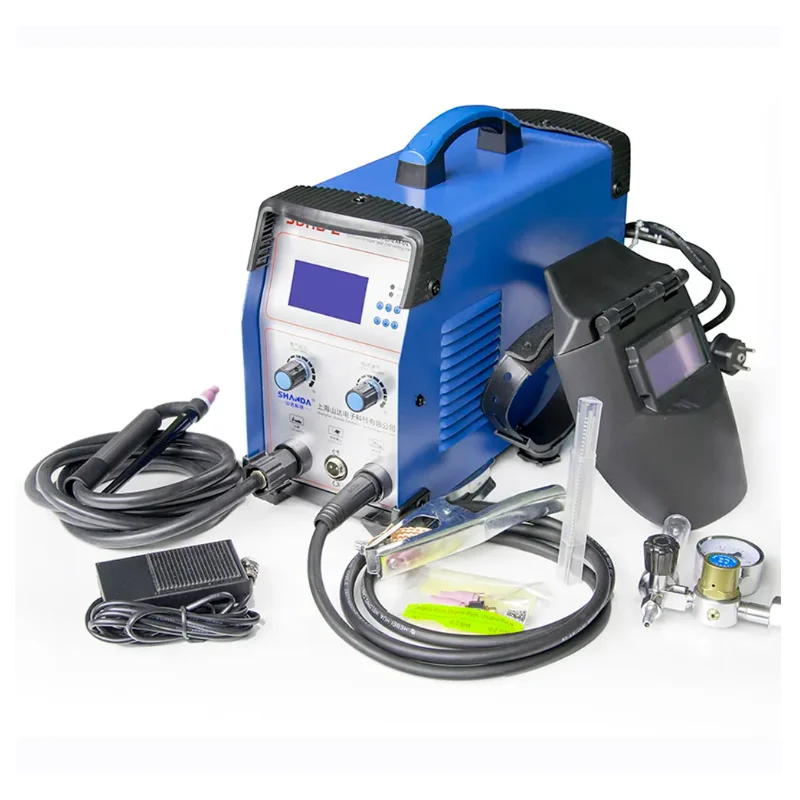Email Us
The applicable environment of ductile iron pipes
Ductile iron pipes are widely used in water and gas transmission due to their excellent strength, toughness, and cost-effectiveness. To withstand the corrosive nature of different conveyed media and environments, their inner walls are protected with various lining materials. Selecting the appropriate lining is crucial.
Cement mortar lining is the most common and economical form of lining. It provides protection by firmly adhering a layer of cement-rich mortar to the pipe's inner wall. This lining is particularly suitable for conveying neutral drinking water, raw water, and weakly alkaline industrial water at ambient temperatures (generally not exceeding 50°C). In buried environments where soil corrosivity is not exceptionally high, cement mortar lining effectively prevents the erosion of the iron base by water and helps maintain water quality meeting drinking water hygiene standards. However, it lacks resistance to acids and high-temperature water. Its protective effectiveness significantly diminishes in acidic water, high-temperature water (>50°C may cause cracking), or water containing high concentrations of aggressive ions (such as high sulfate levels).
Epoxy ceramic lining is a high-performance lining option. Composed of modified epoxy resin and inorganic fillers (ceramic powder), it is cured through high-temperature baking to form an extremely dense, smooth, hard, and chemically inert coating. This lining offers exceptional chemical corrosion resistance, effectively withstanding acidic water, weakly alkaline water, wastewater containing sulfides (hydrogen sulfide), industrial wastewater, seawater (in desalination pretreatment stages), and various chemical solutions. It also boasts excellent abrasion resistance, high-temperature resistance (typically up to 80°C or higher), and an extremely low hydraulic friction coefficient. Therefore, epoxy ceramic lining is highly suitable for conveying strongly corrosive, high-temperature fluids, or applications demanding extremely high water purity (e.g., ultrapure water), as well as sewage systems suffering from severe hydrogen sulfide corrosion.
Polyurethane lining is primarily renowned for its outstanding abrasion resistance. This coating, formed from polyurethane elastomer, possesses high toughness, elasticity, and impact resistance. Its core application is conveying media laden with substantial solid particles and strong abrasiveness, such as mineral slurries, mud, ash slurry, dredged sediment, and high-velocity sand-laden water. In scenarios requiring resistance to high-velocity water flow erosion (e.g., pump station outlets, hydroelectric power plant penstocks) or constant impact and friction from solid particles, polyurethane lining provides a service life far exceeding that of cement mortar or even epoxy ceramic linings. However, its resistance to strong acids, strong alkalis, or certain solvents is relatively weaker compared to epoxy ceramic. Its service temperature is also typically limited to below 60°C.
Coal tar epoxy lining is specifically designed for sewage conveyance systems. It combines the excellent adhesion and chemical resistance of epoxy resin with the water resistance, microbial resistance, and hydrogen sulfide corrosion resistance of coal tar. This lining offers very good protection against sewage, particularly sewage containing hydrogen sulfide (H₂S). It effectively resists sulfuric acid corrosion on the pipe wall (known as "Crown corrosion") generated by the biological oxidation of hydrogen sulfide. Consequently, it is widely used in municipal sewage pipelines, combined sewer pipes, and industrial wastewater discharge pipelines, especially in environments with a high risk of severe hydrogen sulfide corrosion.
In summary, selecting the lining material for ductile iron pipes requires comprehensive consideration of the conveyed media composition (pH, chemicals, solid content), temperature, flow velocity, environmental conditions (buried, soil corrosivity), and cost-effectiveness. No single lining is universally suitable. Matching the most appropriate lining type to the specific operating conditions is essential to ensure the pipe's long-term safe, economical, and reliable operation.
SHANDONG EPOCH EQUIPMENT CO., LTD. is a large-scale professional manufacturer in Shandong Province of China, adheres to the orientation of science and technology, environmental protection, quality and efficiency. At present, it has grown into a trans-regional and multi-industrial enterprise integrating such wide industries as design, development, production and export. Visit our website at https://www.epochpipeline.com/ to learn more about our products. For inquiries, you can reach us at sdepochwater@hotmail.com.
- Why Choose Between UPVC Pipes and HDPE Pipes?
- Why Is Ductile Iron Pipe Still the Safe Choice for Long-Life Water Networks?
- Which Pipeline Installation Machines and Tools Help Me Deliver Faster, Safer, and More Profitable Projects?
- Key points for quality inspection of ductile iron pipes
- Why do Carbon Steel Pipes keep winning tough industrial projects?
- What are the connection methods for ductile iron pipes?
About Us
Contact Us
No. 112, Jiefang Road, Lixia District, Jinan City, Shandong Province, China
Copyright © 2025 Shandong Epoch Equipment Co., Ltd. All Rights Reserved.



